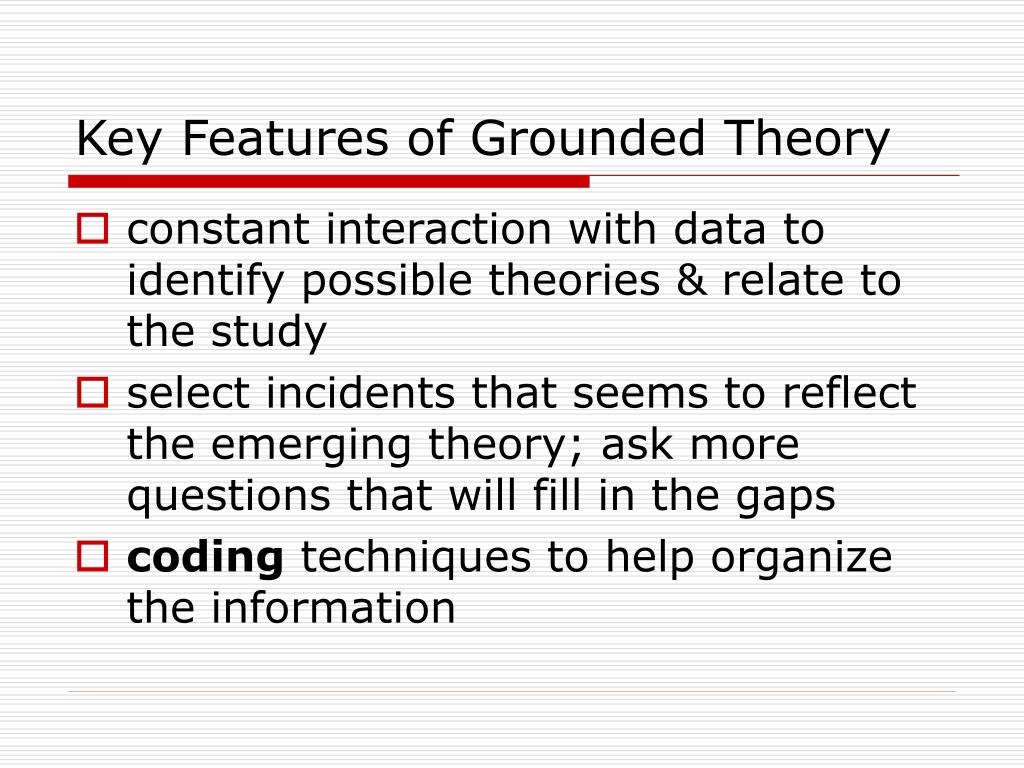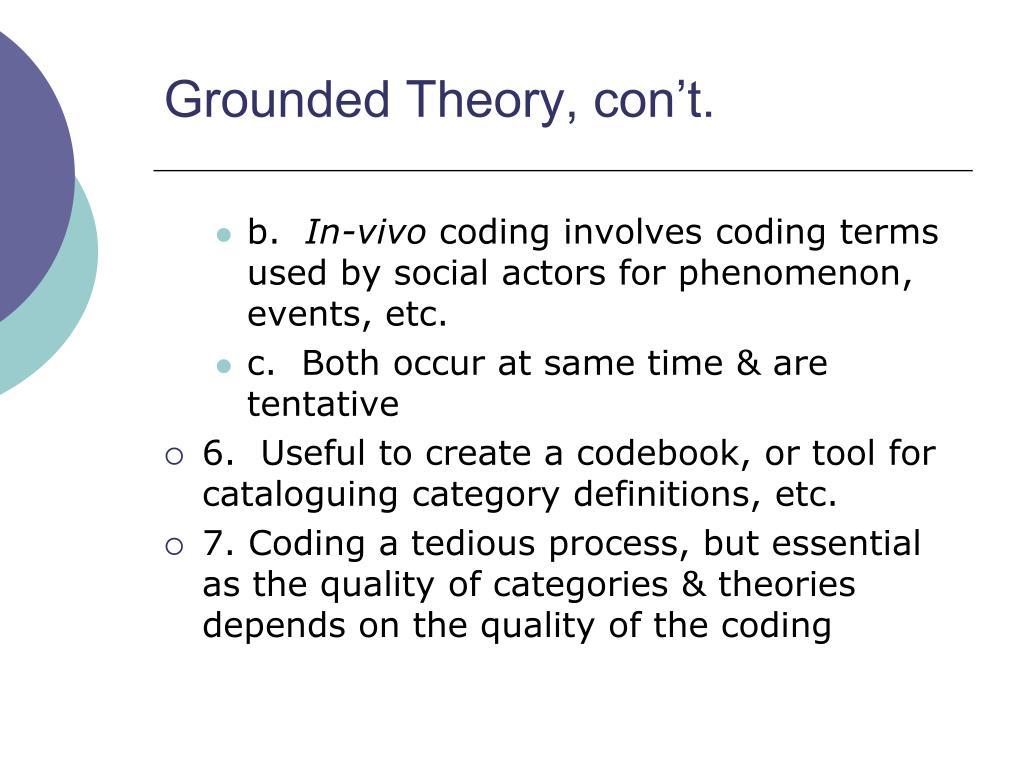

You conduct in-depth interviews with employees in your office to learn about their experiences and perspectives in greater detail.You distribute open-ended surveys to employees across all the company’s offices by email to find out if the culture varies across locations.You take field notes with observations and reflect on your own experiences of the company culture.You work at the company for several months and use various methods to gather data: Research exampleTo research the culture of a large tech company, you decide to take an ethnographic approach. Secondary research: collecting existing data in the form of texts, images, audio or video recordings, etc.

Surveys: distributing questionnaires with open-ended questions.Focus groups: asking questions and generating discussion among a group of people.Interviews: personally asking people questions in one-on-one conversations.Observations: recording what you have seen, heard, or encountered in detailed field notes.These are some of the most common qualitative methods: Researchers examine how stories are told to understand how participants perceive and make sense of their experiences.Įach of the research approaches involve using one or more data collection methods. Researchers investigate a phenomenon or event by describing and interpreting participants’ lived experiences. Researchers and participants collaboratively link theory to practice to drive social change. Researchers immerse themselves in groups or organizations to understand their cultures. Researchers collect rich data on a topic of interest and develop theories inductively. They share some similarities, but emphasize different aims and perspectives. While there are many approaches to qualitative research, they tend to be flexible and focus on retaining rich meaning when interpreting data.Ĭommon approaches include grounded theory, ethnography, action research, phenomenological research, and narrative research. Qualitative research is used to understand how people experience the world. Frequently asked questions about qualitative research.How can teachers integrate social issues into science curriculums?.How is anxiety experienced around the world?.What factors influence employee retention in a large organization?.How do children and adults interpret healthy eating in the UK?.How does social media shape body image in teenagers?.Qualitative research is commonly used in the humanities and social sciences, in subjects such as anthropology, sociology, education, health sciences, history, etc. Qualitative research is the opposite of quantitative research, which involves collecting and analyzing numerical data for statistical analysis. It can be used to gather in-depth insights into a problem or generate new ideas for research. Qualitative research involves collecting and analyzing non-numerical data (e.g., text, video, or audio) to understand concepts, opinions, or experiences. What Is Qualitative Research? | Methods & Examples


 0 kommentar(er)
0 kommentar(er)
